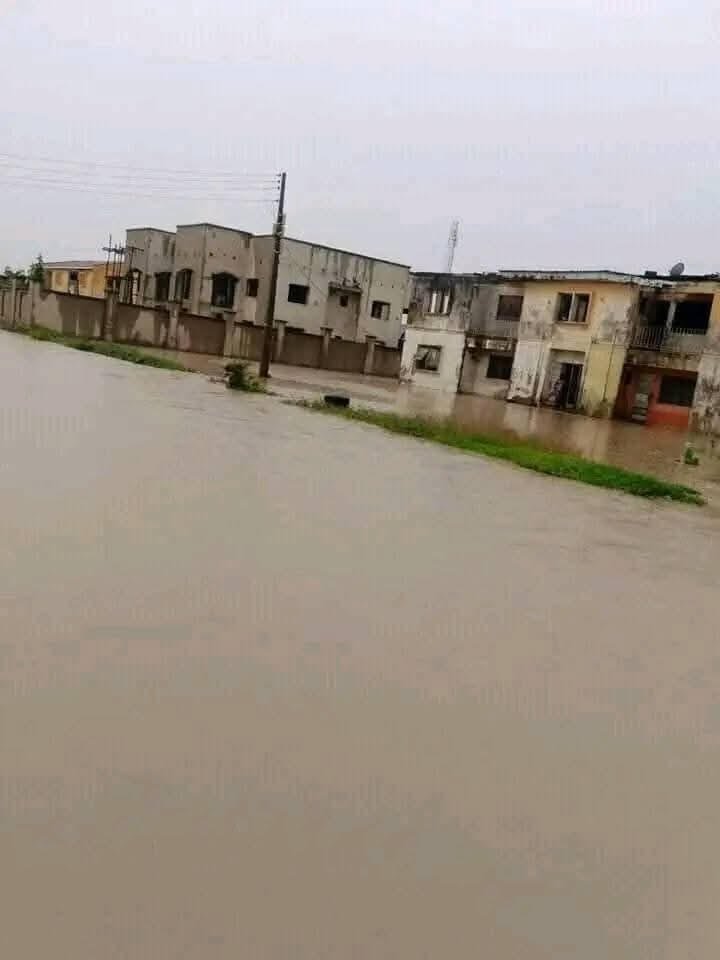Gom Mirian
The President of the Nigerian Academy of Letters (NAL), Professor Sola Akinrinade, has expressed deep concern over the declining quality of students entering the Nigerian University System, while calling for urgent interventions to halt the trend.
Speaking on Tuesday at the opening ceremony of an implementation/ policy review workshop organised by the Nigerian Academy of Science, Nigerian Academy of Letters, and the Nigerian Young Academy, and sponsored by JAMB, Prof. Akinrinade faulted the popular belief that lowered educational standards are to blame for the malaise. He asserted that on the contrary, standards at the Basic and Senior Secondary Levels have increased.
The crucial issue, according to him, lies in the implementation of these standards, which have steadily faltered over the years.
Prof. Akinrinade stated, “It is evident that the decline we are witnessing is not a result of diminished educational standards. In reality, the benchmarks at the Basic and Senior Secondary Levels have become more rigorous. However, the problem arises in the execution of these standards, which has become questionable.”
Calling for immediate action to address this as the quality of university entrants is vital for the overall development and progress of the nation, he said: “The importance of STEAM education as a critical factor in the sustainable and inclusive development of a country such as ours cannot be overemphasised, Properly implemented, STEAM education encourages innovation, reduces poverty, and provides beneficiaries with the appropriate tools to improve their lives and those of others.”
On his part, Prof. Ishaq Oloyede, the Registrar/Chief Executive of the Joint Admissions and Matriculation Board, (JAMB), represented by Prof. Olutayo Adesina, emphasised the merits of adopting a holistic educational approach that combines scientific knowledge with artistic expression, thereby ensuring a well-rounded education for the nation’s future leaders.
He, therefore, called “on all who plan educational projects and curricula to always involve the students and the youth to enrich the programme and synchronise it with prevailing realities.”



